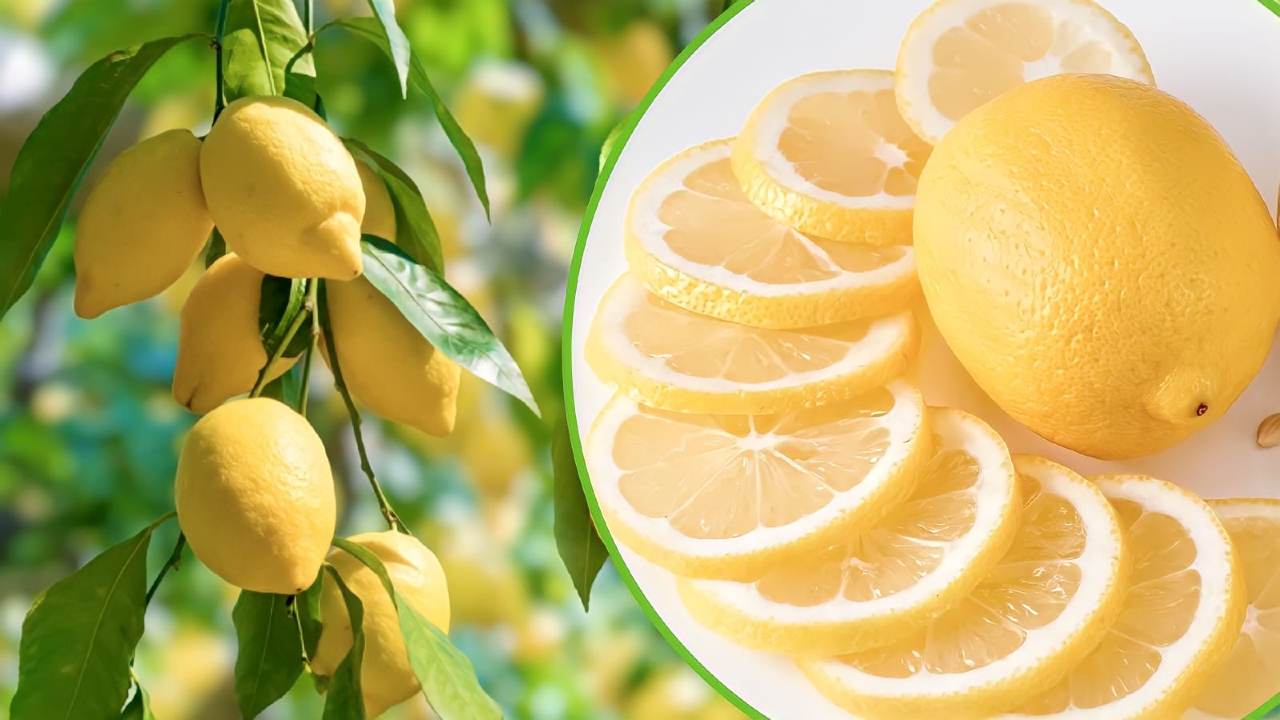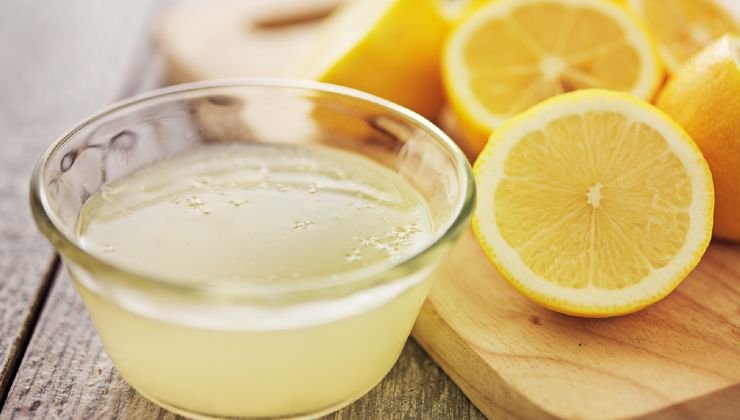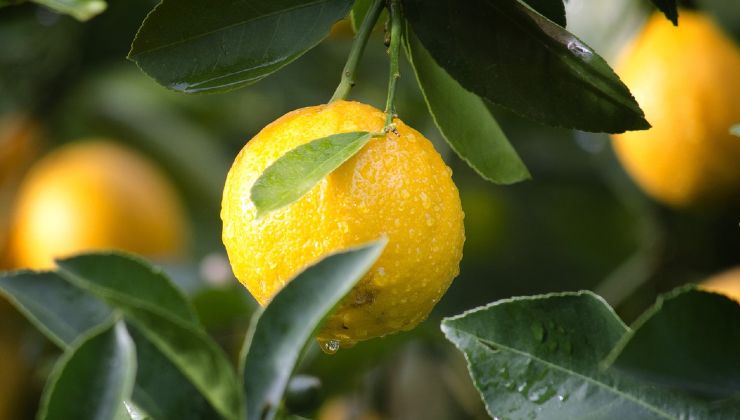
Can you have beautiful, juicy lemons at home? The answer is yes and these are all the tips for a strong and beautiful plant.

Who doesn’t always have lemons at home? One of the best , oldest fruits with extraordinary properties to use in the kitchen – for well-being and also at home. The experts wanted to give some advice for having beautiful and juicy lemons at home: this way you can obtain a strong and rich plant.
Characteristics of lemon
Lemon is one of the most important natural ingredients, rich in disinfectant and antibacterial properties . Already known by ancient populations, its main use was to flavor dishes or drinks with its acidic juice with a good vitamin content .
It is able to combine with various flavours, without ever overpowering them to go well with every type of dish available. Lemon becomes a point of reference even just for a simple dish such as salad or fish.
Fundamental for degreasing a dish rich in oil, disinfecting and enriching a traditional Italian dish without ever ruining it. As anticipated, this citrus fruit is not only recognized for seasoning dishes because it is also excellent to drink and create a hydrating and refreshing drink.
We are talking about the classic lemonade , created with simple ingredients such as water – lemon juice and sugar. Not only as a summer drink to drink chilled, but also at the table for lunch and dinner: its properties include not only hydrating but also digestive and metabolism activating properties.

In short, we understood that it is a must have ingredient to always have available even when creating desserts. Obviously, its power is also anti-nausea when you feel unwell or excellent for preparing beauty masks. Among its thousand uses is also the domestic one: for example, do you know what happens when you put a lemon in the washing machine ?
Beautiful and juicy lemons: tips for growing them at home
For all this series of reasons and even more, lemon is essential to have at home, perhaps by growing it directly. Its plant in the garden must be covered during the winter, being intolerant to harsh and low temperatures.
A fabric/non-woven sheet will suffice which performs the protective function of the plant but, at the same time, allows it to breathe because the classic condensation does not create. Once this premise has been made, a lemon plant must be fertilized in spring and continuing until summer.
An organic fertilizer that is rich in exclusive properties should be considered , while the fertilizer can be created directly at home.
DIY homemade fertilizer
To do this, experts recommend purchasing a composter where you will insert ruminant manure with leaves, legumes, shells, roots and mulch. Immediately afterwards cover with water and leave to rest for three weeks (outside, considering a strong and unpleasant smell).

Inside the compound you will find all the properties for the lemon plant and for growing its strong, beautiful and juicy fruits such as iron, phosphorus and potassium.


